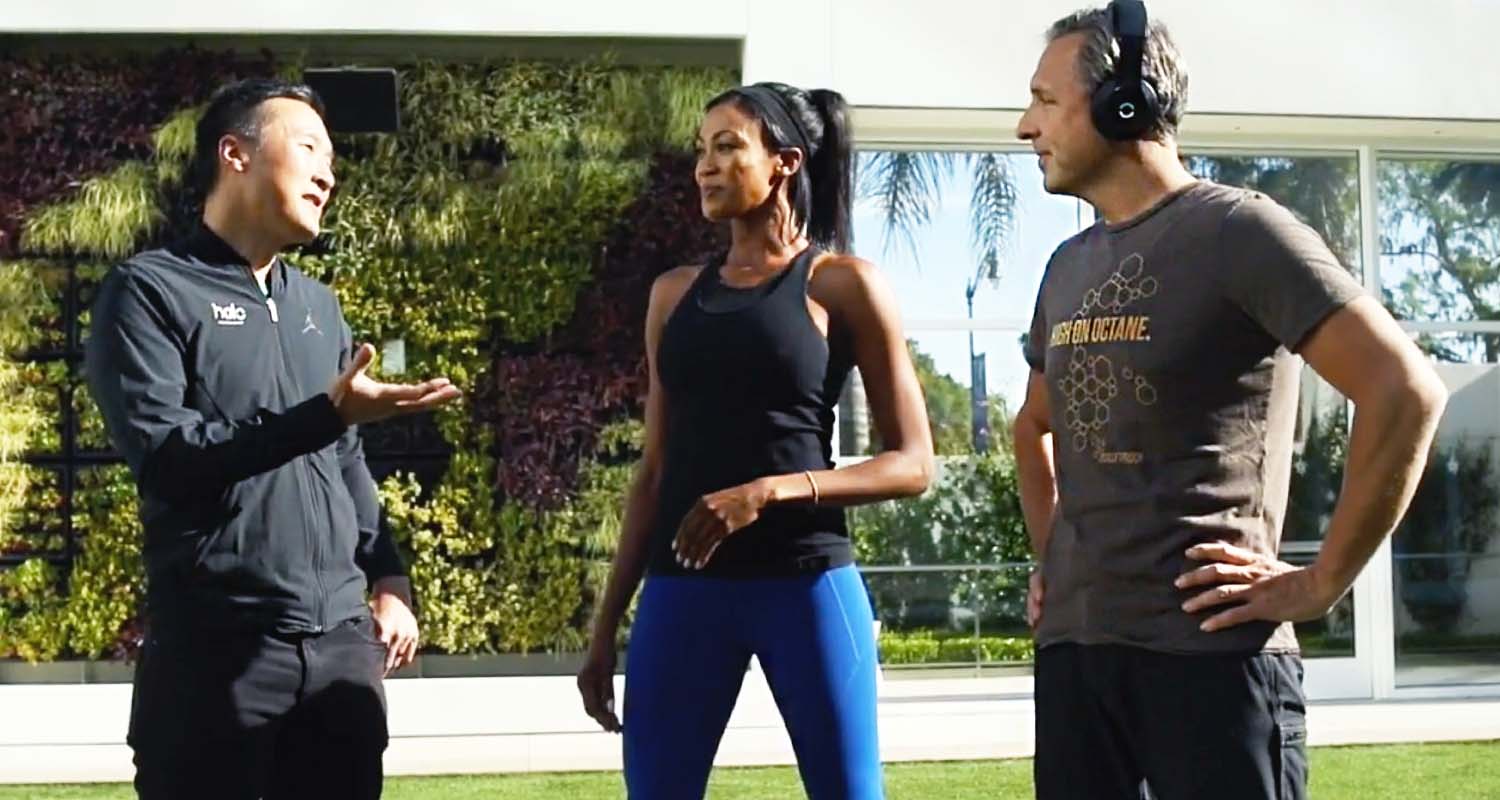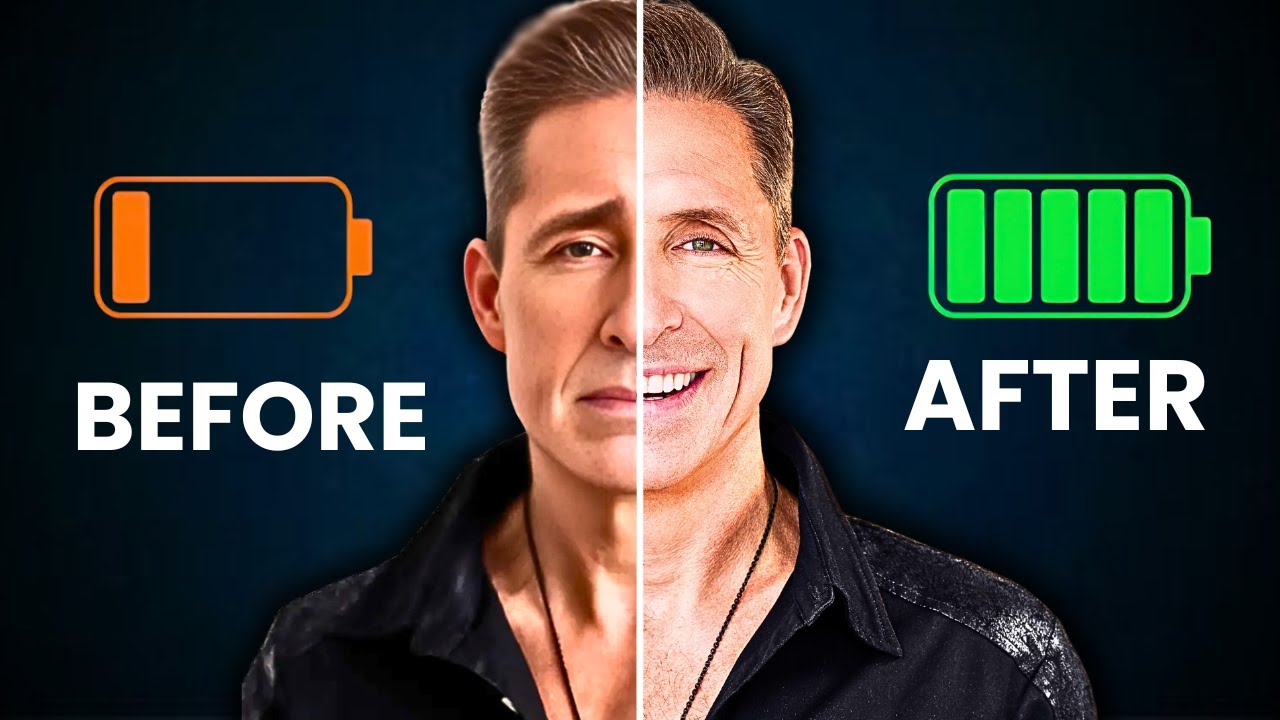
Silly as it sounds, your muscles have an amazing capacity to remember. Let’s say you’re weight training and you take some time off. Days or even weeks later, you get back into the gym and fall right back into your groove. Your muscles respond positively to the weights, as if they’re on autopilot. After a few days of training, you might even lift more than you could previously.
Muscle memory, a type of motor learning called procedural memory, happens in the brain, of course. Through the act of repetition, your brain cements that action into its neural pathways so that the movement becomes second nature. It’s the science behind why you never forget how to ride a bike. Even if you haven’t pedaled in decades, your brain remembers which muscles to fire next. With enough practice, you shift from conscious activity to automatic movement.
Likewise, your muscles retain core information. However, if you want your muscle to grow, you must continue to challenge them. Muscular adaptation, or the increase in muscle strength due to lifting a heavier load is shown to be common to every human being[ref url=”https://www.ncbi.nlm.nih.gov/pubmed/1827108″]. Study after study reports that muscle cells gained through training sessions are not lost if training stops for up to three months[ref url=”https://www.ncbi.nlm.nih.gov/pubmed/20713720″][ref url=”https://www.ncbi.nlm.nih.gov/pubmed/18440990″]. Instead, when training resumes, your muscles grow more rapidly because you’ve already built muscle cells from your previous workout sessions.
Well, your brain works in a similar fashion when learning new skills. Though it takes mindful concentration to learn a new skill. While experts don’t necessarily agree on how long it takes to master a new skill, in the book “Outliers: The Story of Success,” Malcolm Gladwell asserts that it takes 10,000 hours or nearly 10 years.However, much like building a new muscle, there are some hacks you can take to expedite the process.
In fact, if you want to train your brain to play the piano, swing a golf club, or even practice archery, Daniel Chao, co-founder and CEO of Halo Neuroscience, has a new technique which primes the brain to drastically reduce how long it takes to master skills.
In a recent Bulletproof Radio (iTunes) podcast episode, Chao explained how his wearable device called Halo Sport delivers electrical stimulation to your brain to build muscle memory faster. Worn before or during practice, the headset sends electrical currents into the brain’s motor cortex — the area that controls movement — and puts neurons into a state of heightened receptivity. This helps your brain and muscles work together more efficiently.
The process, called neuropriming, builds brain plasticity[ref url=”https://elifesciences.org/articles/02798″] – that’s what enables your mind and body to work together. Double-blind trials with the U.S. ski team show the Halo can build skill faster and even improve muscle strength.
Intrigued to test out Halo Sport for himself, Dave met up with Chao for a series of physical exercises that Dave had never done before. To see how Dave did under neurostimulation, watch the video above.
Even if you don’t have access to external stimulation like the Halo Sport to activate your brain’s circuitry, you can still improve your ability to learn new skills simply by challenging it. Tomorrow, try driving a different way to work or brush your teeth with your non-dominant hand. By doing so, you’ll set yourself up to problem solve and creatively find solutions toward mastery. As these activities trigger your brain to expand with possibility, much like training your muscles, your mind (and muscles) adapt to the challenges and grow. So keep building that brain plasticity and you’ll reap rewards for years to come.










